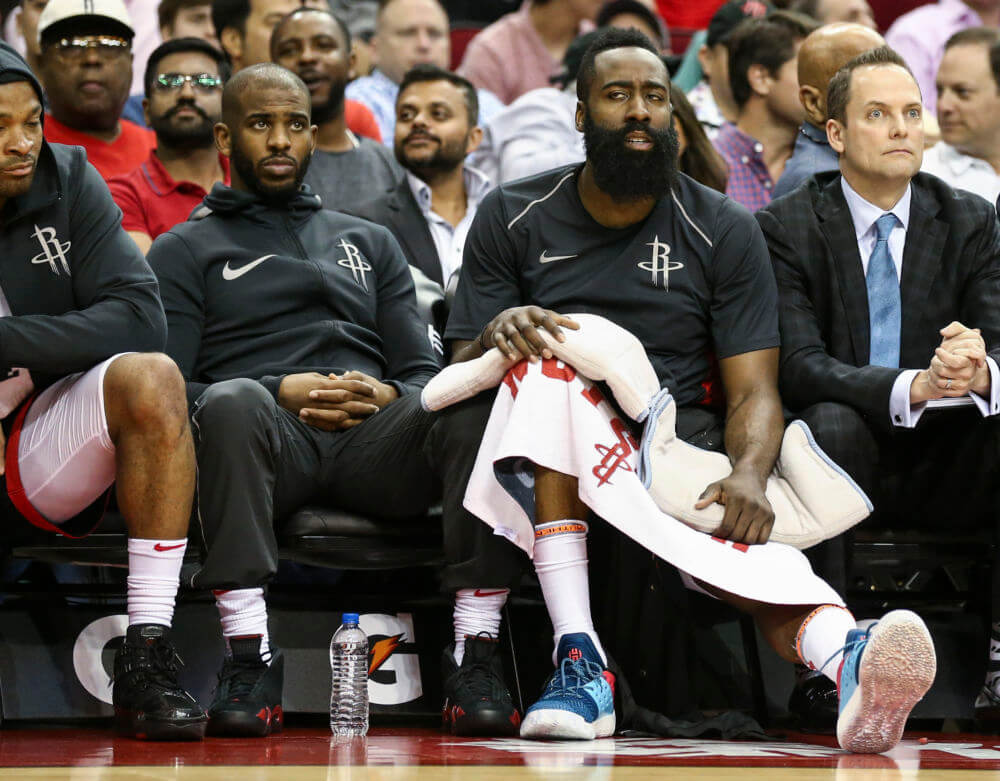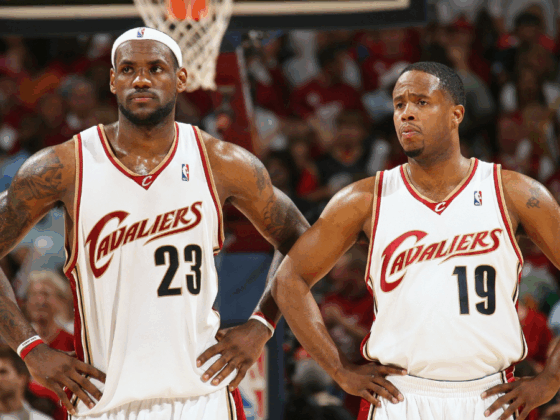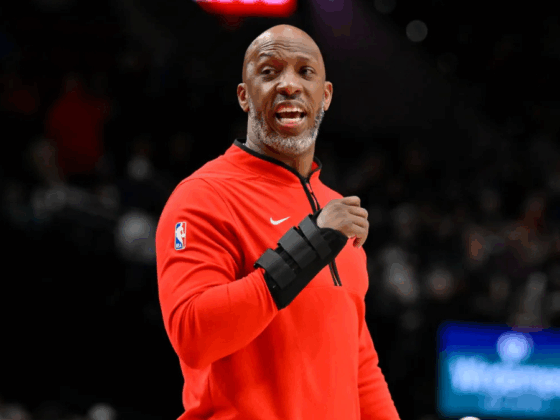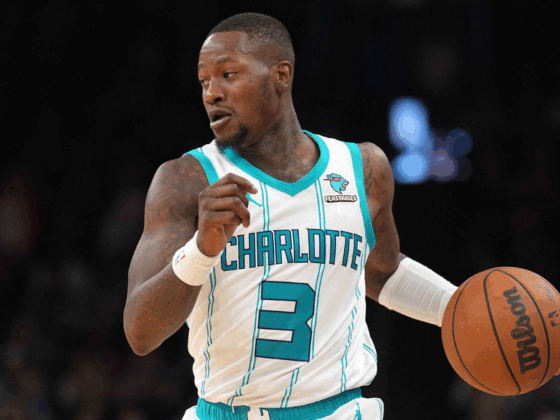
Last fortnight’s NBA Power Rankings are right here.
All team statistics are recorded as of games played on Mar. 23rd. This model is now using luck-adjusted ratings (with adjustments to account for turnover rates, free throw rates, and rebound rates to capture shooting luck. A few of the Sunday contests aren’t included in the model, which marginally affects the results.
If you’d like to read the rankings’ methodology, then check the postscript at the end.
Here are the results after the 23rd week of NBA action. Because the NBA Power Rankings’ data was not compiled using rolling averages, extraordinarily hot/cold teams aren’t given strikingly high/low valuations; rather it’s an evaluation/estimation of a team’s winning success given its year-long offensive and defensive execution.
Notes for this week’s rankings
- The playoff picture is certainly coming into form now. It appears that though the Denver Nuggets should finish an entire win ahead of the Miami Heat, because of the strength of the Western Conference. It’s more likely that they will finish just out of qualification.
- The excessive injury frequency this season could potentially dampen the playoff race. It’s possible that premier players like Stephen Curry & Jimmy Butler return for the playoffs, but how will their health truly be?
- Houston has been justifiably the best team for most of this year; they’ve got the best “body of work” which can be attested to by:
- their league-high luck-adjusted net rating– only team in the NBA above 10 net points per 100 possessions
- quick look at their hierarchical cluster [59.6 wins – highest cluster available]
- stout defensive portfolio, soundly a top 10 defense
- uniquely brilliant isolation offense [1.13 PPP], which allows them to slow the game down & match the opponent’s physicality if necessary, while still scoring efficiently
- According to most, if not all, reliable logistic regression models, Houston is the favorite for an NBA championship. However, it would be extremely underwhelming if injuries prevented us from seeing a sound matchup between the Rockets and the Warriors.
Postscript: Frame of Reference for NBA Power Rankings
Once again: I’ve created two models. One that predicts team win percentage given a variety of statistics that I tested in a random forest model and another that’s based on hierarchical clustering. It is not a matter of who beat whom.
I should also stress that wins and losses that greatly affect a team’s net rating manifest in the final product. Therefore, if a team loses by 40, as the Magic did to the Jazz on Nov. 17, then their ranking could suffer and the opponent’s rating could flourish above expectation.
As a reminder, here’s a snapshot of the final result for the 2016-17 NBA Power Rankings: 






